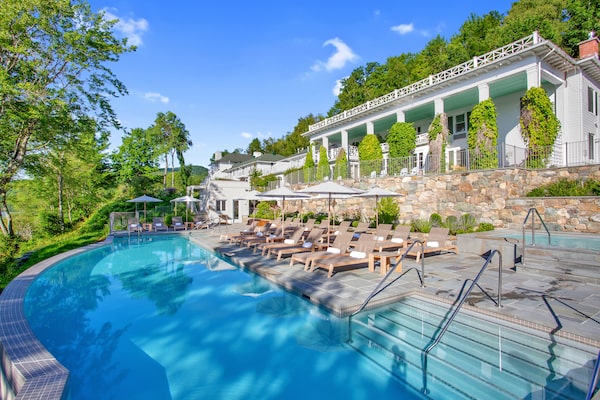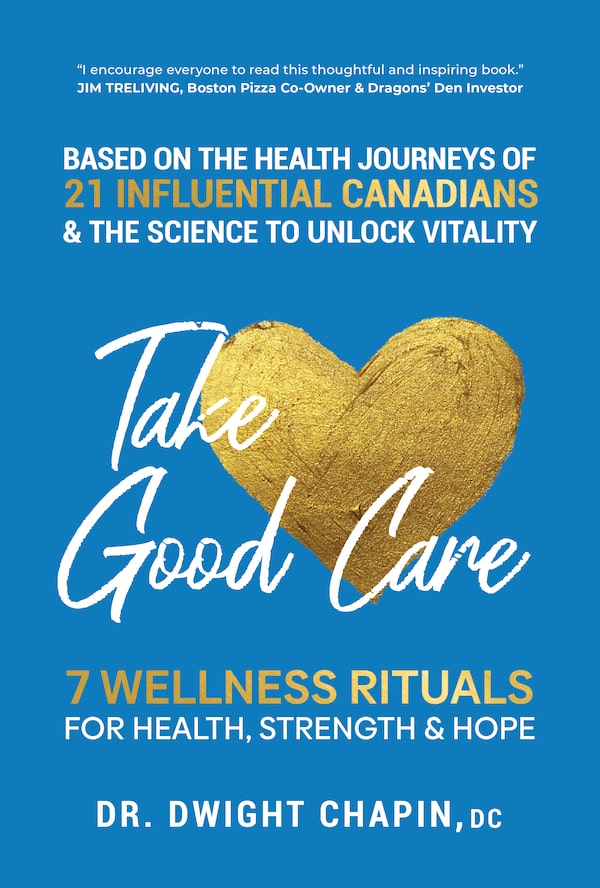Trending
Road test: Bumble For Friends

Bumble For Friends to allow users to connect to create new platonic relationships and friendships.monkeybusinessimages/iStockPhoto / Getty Images
“My friend dates have been really, really great,” says 26-year-old Vicky Qiao, who recently moved from Toronto to Halifax, and started using the new Bumble For Friends app to meet people over drinks or coffee, in hopes of making platonic connections in a new city. Although it still requires swiping left to reject, or right to start a conversation with people living nearby in seconds, the experience is not what you’d expect: “With dating I look more at people’s appearances, but on Bumble BFF it’s more about what they write,” says Qiao. It is popular for users to showcase their exercise habits, zodiac sign and interests such as “Coffee,” “Foodie” or that they are “New to town” on Bumble’s “BFF mode” feature which has allowed users to limit connections to those seeking friendships. Bumble, known as a dating app that requires women to message first, has now opened up Bumble For Friends to allow users to connect with people as remote work and loneliness have become more prevalent over the years. Recent studies show just one quality conversation with a friend boosts daily well-being. Researchers from the University of Kansas measured 900 study participants from five university campuses’ daily feelings, asking them to engage in one of seven types of communication each day: catching up, meaningful talk, joking around, showing care, listening, valuing others and their opinions, offering sincere compliments. It turned out, the type of communication didn’t make a difference – the act of reaching out was enough.
Get Outside
A green prescription

Ontario Parks opened the province’s first self-guided 'forest therapy trail' at MacGregor Point Provincial Park in Port Elgin. The trail features seven self-led signs encouraging people to go into a deeper connection with some element in the environment around them.123ducu/stock
This summer, Ontario Parks, in partnership with the Global Institute of Forest Therapy (GIFT), opened the province’s first self-guided “forest therapy trail” at MacGregor Point Provincial Park in Port Elgin, which hopes to get people to sink into their senses. On the trail, seven self-led signs invite visitors to go into a deeper connection with some element in the environment around them. “One asks you to start off with your eyes closed, noticing what you hear, like the bullfrogs in the wetlands, or using your sense of touch by feeling the wind or the sunlight warming your body,” says Ben Porchuk, GIFT co-founder. “At the end you reach a tower with a beautiful panoramic view of the Great Lakes wetland, the sound of the wind in the leaves rustling in the trees and waves hitting the shore.” Here, you’re invited to open your eyes again. “Most people say they’ve had a childlike, playful feeling, like they’ve experienced their senses for the first time,” says Porchuk. This feel-good impact of nature walks is backed up by science: Studies show exposure to trees decrease levels of cortisol, affect immunity, depression, lower blood pressure and may reduce anxiety. Also available in some parts of Canada, trained physicians can prescribe forest walks to patients through PaRx, the national nature prescription program.
Design Boost
Real estate reinvention

The $2-billion Poplar Regional Health & Wellness Village proposed near Collingwood includes plans for more than 2,200 residential units, a state-of-the-art regional hospital campus, and 19 acres of environmentally protected green space.Supplied
According to the Global Wellness Institute (GWI), Canada’s wellness real estate sector saw a 240-per-cent increase in growth between 2017 and 2020. The GWI defines wellness real estate as properties that incorporate intentional wellness elements into their designs, materials and building, amenities or services, such as fitness facilities or green space. One massive health and wellness community project just 90 minutes north of Toronto, the $2-billion Poplar Regional Health & Wellness Village, aims to take over a 130-acre expanse of land near Collingwood. Di Poce Management Ltd. and Live Work Learn Play revealed their proposed development last spring and received support from the Collingwood town council last month for what they’ve imagined as a fully integrated, environmentally friendly and vibrant mixed-use village. It includes plans for more than 2,200 residential units, a state-of-the-art regional hospital campus, 19 acres of environmentally protected green space and a 5-km year-round multiuse trail.
Escape Plan
Local update

Manoir Hovey, located in the Eastern Townships of Quebec, has opened a new 9,000-square-foot spa and thermal circuit with a dry sauna, hammam, cold-plunge pool and a four-season heated pool.Drew Hadley/Supplied
Manoir Hovey located in the Eastern Townships of Quebec already has plenty of accolades for its swish brand of escape (it gets regular accolades from Travel + Leisure and Wine Spectator for its mix of luxury services and gourmet delights). With the backdrop of Appalachian Mountains on Lake Massawippi, the family-owned retreat has opened a new 9000-square-foot spa and thermal circuit with a dry sauna, hammam, cold-plunge pool and a four-season heated pool. While the design echoes the heritage inn’s 1899 facade (think cedar shingles and white pillars), the spa is fuelled with a modern and energy-efficient power and boiler room system that recovers the heat generated by the hotel to warm up the new terraces and basins. Spa treatments of note include Hovey’s Honey Bliss, a facial with honey sourced from the property’s beehives and a Saskatchewan Pink Salt shower treatment.
Essential Reading
Professional guidance

Supplied
Arguably, the ethos of working harder, faster, better, stronger has lost its lustre in our lives after lockdowns, and Dr. Dwight Chapin, who is the team chiropractor for the Toronto Argonauts and on-site chiropractor for The Globe and Mail, brings this truth to life in his new book Take Good Care: 7 Wellness Rituals for Health, Strength, and Hope. Chapin shares the wellness rituals of leading Canadian CEOs (such as Dragon’s Den investor Jim Treliving), Olympic athletes (hello, Silken Laumann) and health experts (think the team dietitian for the Toronto Raptors), which he refers to as mentors. He shares their wellness journeys alongside his informed and clinical takeaways on the cornerstones of healthy living such as sleep, diet and regular activity. However, what’s most striking is the recurring theme of recovery shared among the mentors. For tech leader and CEO Claudette McGowan, a four-day work week, a weekly massage and the ability to “get quiet when things get noisy” has aided her ability to deliver, both personally and professionally. Dr. Greg Wells, well-known author, scientist and performance physiologist, says exercise offers him his time-out and he succinctly sums up the need to take a break in order to succeed: “My formula is skewed heavily towards recovery to support the performance demands of my life.”